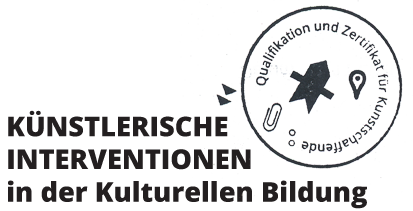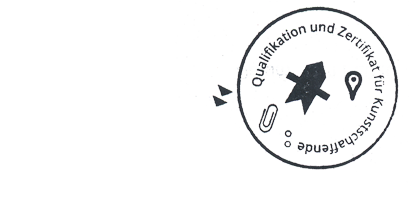


Which topic turns up again and again in your artistic activities?
In my studies (B. A. in civilisation studies and social sciences, M. A. in religion and culture), I intensively dealt with topics such as racism and other forms of discrimination. I have always been interested in why and how people create enemy stereotypes and how they seek to dissociate themselves from whom they perceive to be “others”. I wanted to find ways to counter such processes. In art, and above all in dancing, I recognise a potential for this. In my artistic work, I focus a lot on the positive effects of dancing.
What do you seek to achieve with your arts education activities?
Dancing brings people together, dancing is communication (body language), and this creates a platform on which social boundaries can be opened up. With my arts education activities, I seek to develop projects making use of the potential which dancing bears. With dancing projects, I would like to help young people and adults to deconstruct prejudice and enemy stereotypes. I believe that crump can also reach people who would otherwise hardly participate in art and culture and at the same time ought to become more involved, e.g. in the debates on racism.
What, in your view, is the essence of an artistic intervention in arts education?
Art always offers a lot of scope. As a dancer, I can reinvent myself again and again, and thus I am in permanent dispute with myself. Making use of art as a medium, dealing with certain topics in arts education, creates countless access points and opportunities to look at these topics. To me, this scope for possible individual development is the essence of artistic intervention in arts education. Everyone can decide for herself or himself how intensively he or she wishes to deal with the subject.